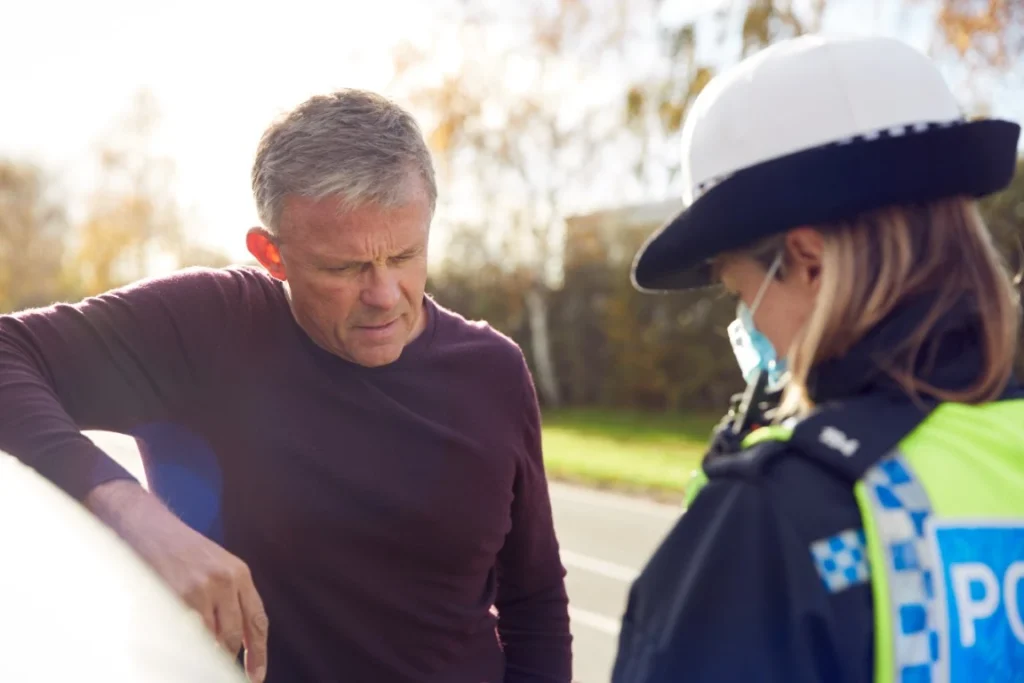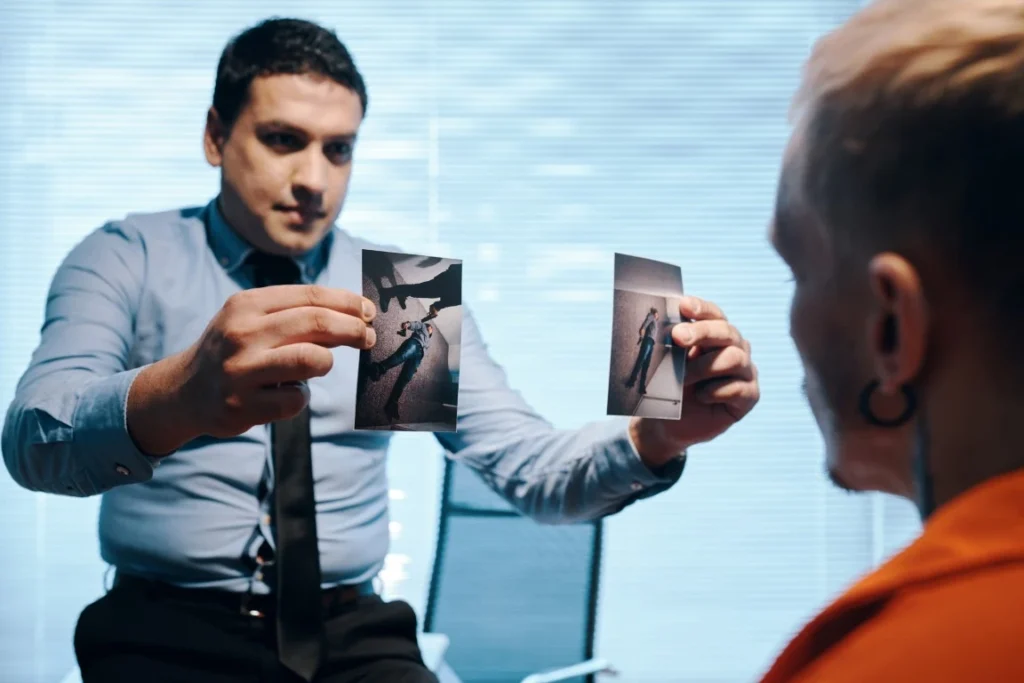It might seem like a harmless decision in the moment—giving a false name, bending the truth about where you were, or trying to cover for a friend. But what many people don’t realize is that lying to the police is a criminal offense in Florida and in most other states. Depending on the context and what is said, the consequences can range from misdemeanor charges to felony-level penalties. At Darrin E. Johnson Law, we’ve seen firsthand how a small misstep during a police interaction can escalate into something much more serious. Understanding your rights—and your risks—is the first step in protecting yourself.
What Legally Counts as Lying to the Police
Not every misstatement or mistake will lead to a criminal charge, but knowingly providing false information during a police investigation can be charged under Florida Statute § 837.05. This law applies to anyone who knowingly gives false information to a law enforcement officer regarding the commission of a crime. It’s important to note that the key word is “knowingly.” Honest mistakes, memory lapses, or miscommunications aren’t typically considered a crime. But intentionally misleading law enforcement during a criminal investigation is a different matter—and can result in immediate legal consequences.


When a Lie Becomes a Crime
Common scenarios where lying to the police can become a chargeable offense include giving a false name or birthdate during a traffic stop, claiming you witnessed something you didn’t, or making a false report of a crime. You can also be charged for lying during an interrogation or while being questioned as a witness in a criminal investigation. Depending on the situation, you could face a first-degree misdemeanor or even a third-degree felony, punishable by jail time, probation, and a permanent criminal record. Even if you were not the suspect of the original investigation, lying can place you at the center of a new case.
Why People Lie—and Why It Backfires
People lie to the police for many reasons. They may panic, want to protect a friend or family member, or believe that withholding information will help avoid trouble. But the reality is that lying to the police almost always makes the situation worse. If law enforcement uncovers the falsehood, it damages your credibility and can turn a cooperative witness into a suspect. It also complicates your legal defense later. If you’ve made a statement to the police that you’re now concerned about, the best thing to do is stop talking and contact a defense attorney immediately.
How a Defense Attorney Can Help
If you’ve been accused of lying to law enforcement, or if you’re under investigation and worried about what you’ve said, legal representation is critical. At Darrin E. Johnson Law, we take the time to review all aspects of your case, from your initial interaction with law enforcement to any statements made. We analyze whether your rights were violated, whether the information given qualifies as knowingly false, and whether law enforcement followed proper procedure. In some cases, we can prevent charges from being filed altogether. In others, we fight to reduce or dismiss them through strategic defense.

What You Should Do Instead of Lying
The smartest move you can make when questioned by police is to stay calm, remain polite, and exercise your right to remain silent. You are not legally obligated to answer all questions, and you always have the right to ask for a lawyer. It’s far safer to say nothing than to say something false that can come back to haunt you. If you feel uncomfortable or pressured, invoke your right to counsel. Once you have an attorney, you can provide any necessary information through legal representation—safely and strategically.
One Misstep Can Become a Major Legal Issue
Telling a lie to the police might feel like a small choice—but it can turn into a serious legal problem. Whether you were trying to help someone else or protect yourself, Florida law treats lying to the police as a punishable offense. At Darrin E. Johnson Law, we understand the pressure people face during police encounters, and we work to defend our clients from unnecessary consequences. If you’ve been charged or questioned in connection with false information, contact our office today to speak with an attorney who will protect your rights and guide you through the legal process. We also help with criminal defense and juvenile defense as well.
Disclaimer: This article is for informational purposes only and does not constitute legal advice. If you are facing criminal charges or believe you may be under investigation, consult directly with a licensed attorney.
